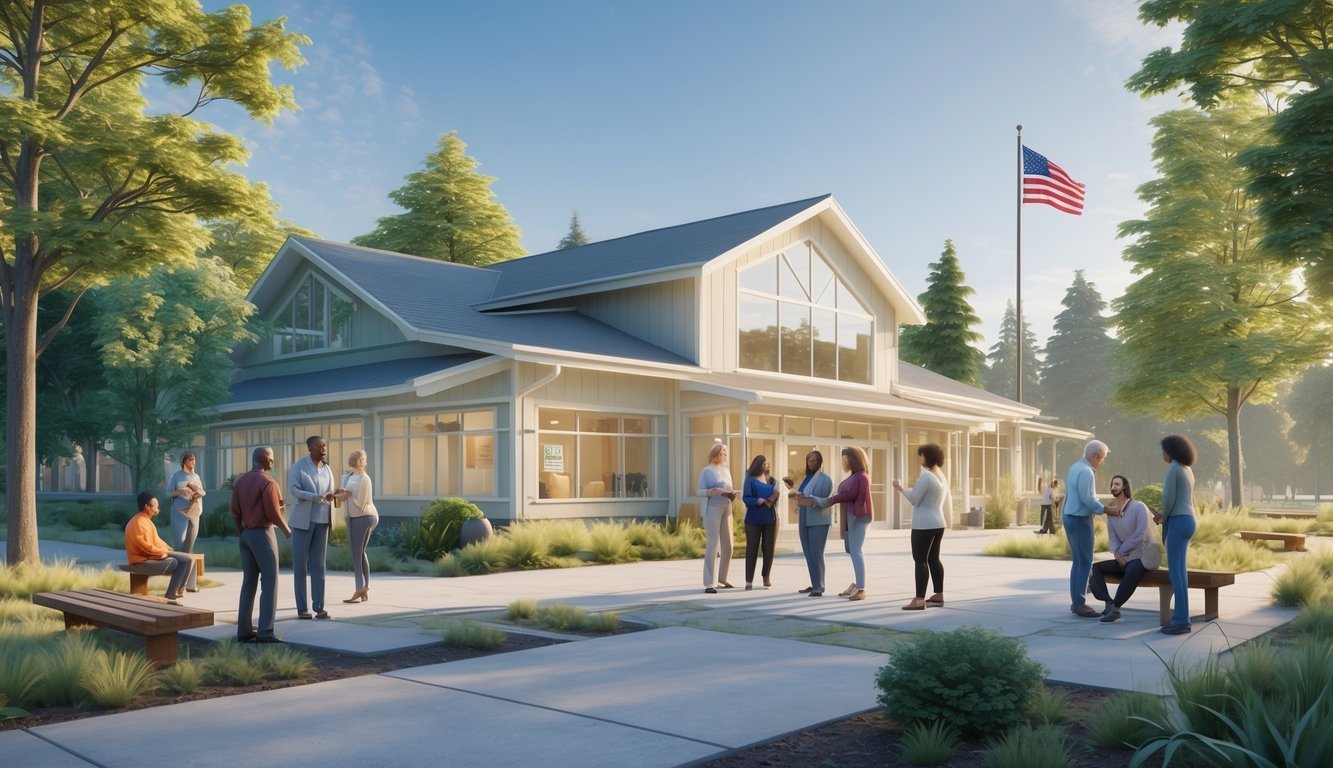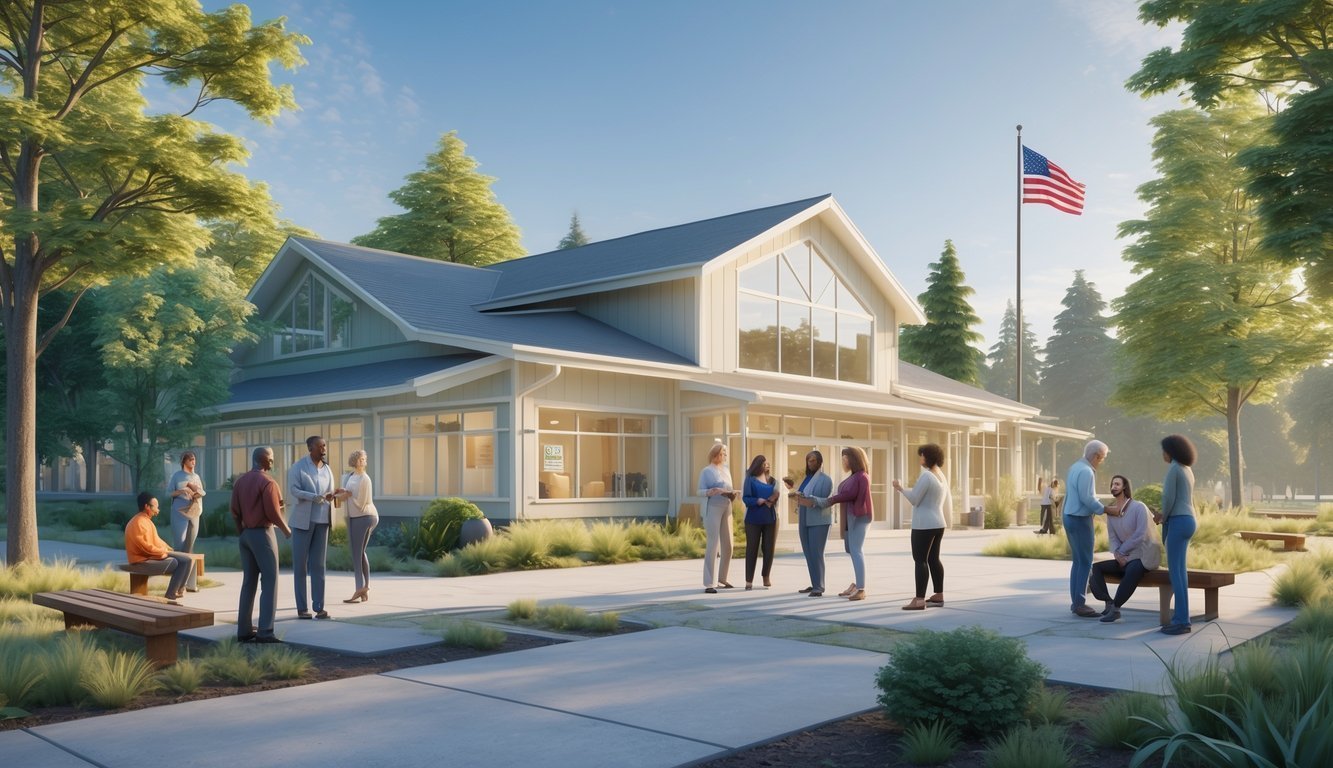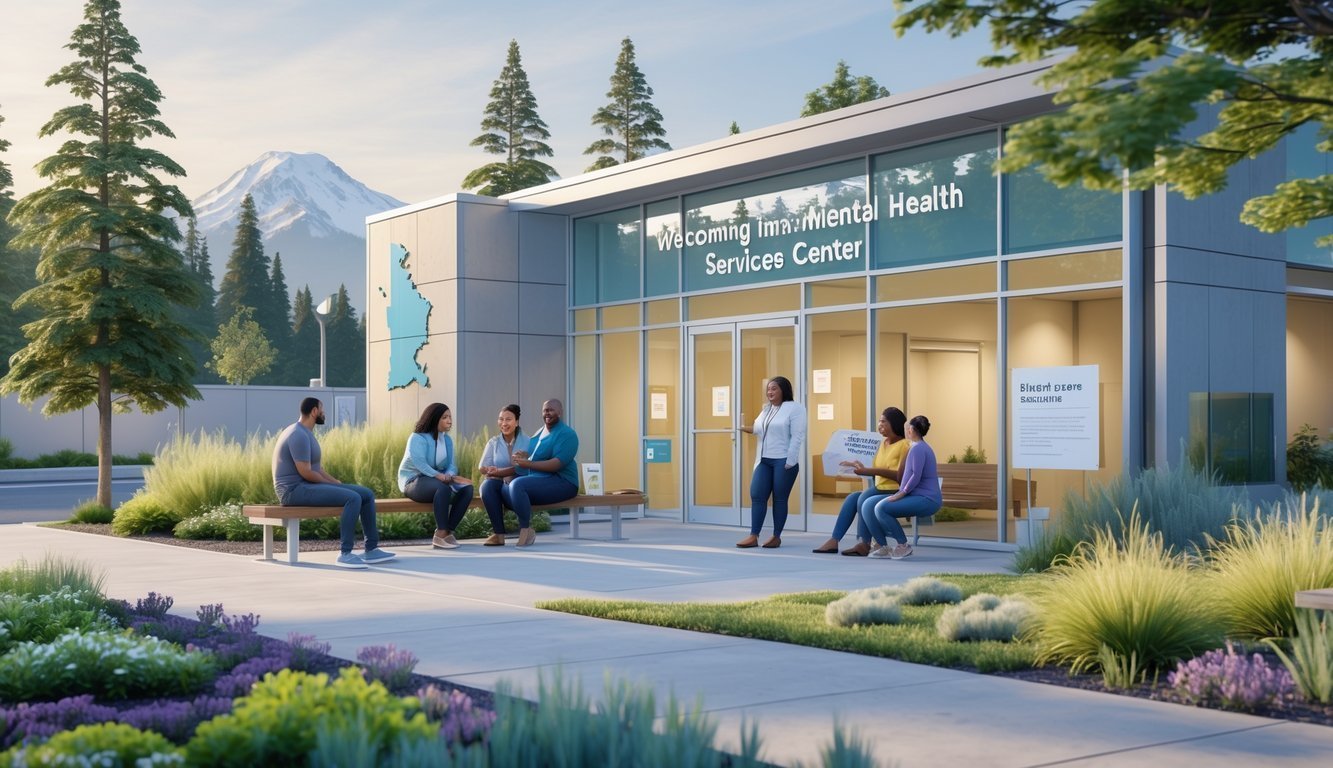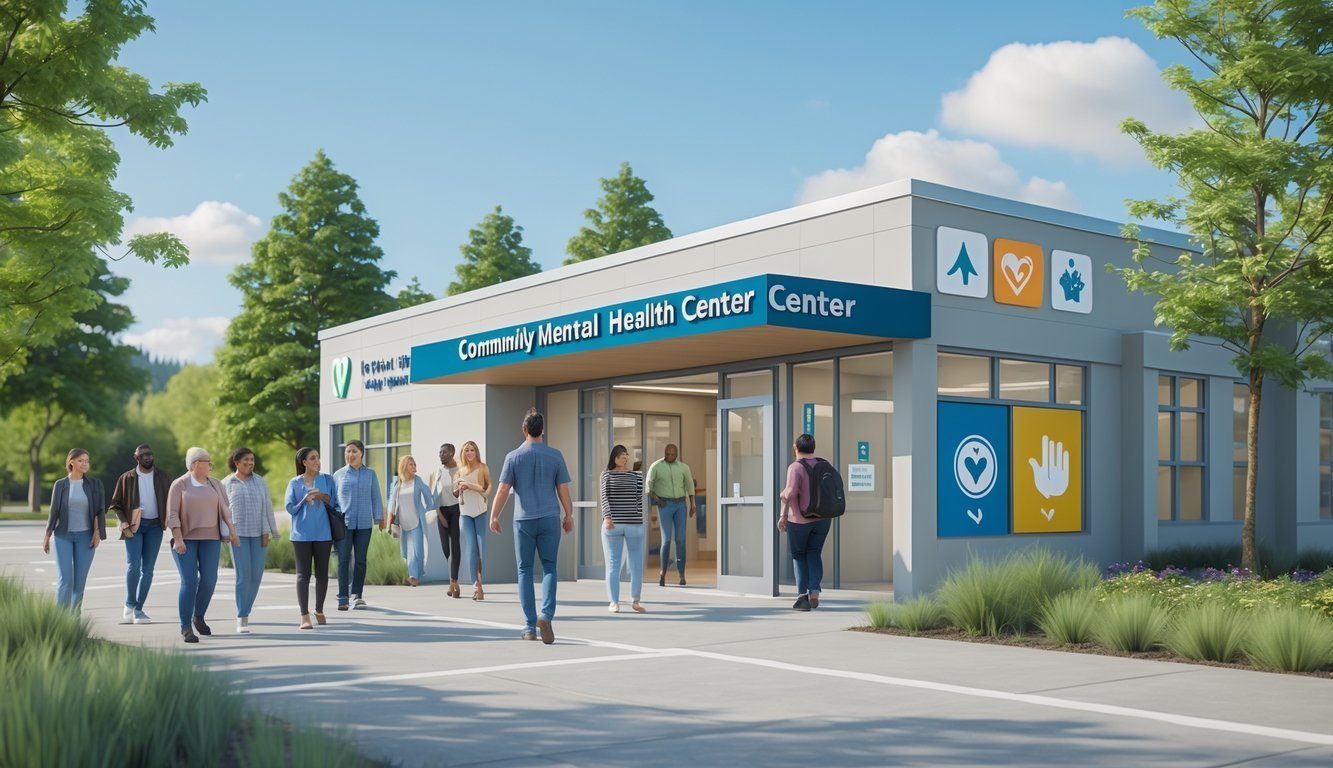PsychNewsDaily Publishers
100 Summit Drive
Burlington, MA, 01803
Telephone: (320) 349-2484
PsychNewsDaily Publishers
100 Summit Drive
Burlington, MA, 01803
Telephone: (320) 349-2484
Washington State provides various free and low-cost mental health services, including community health centers, university clinics, crisis hotlines, and programs for specific populations.

Getting mental health support shouldn’t depend on your wallet. Washington state actually offers a bunch of free and low-cost mental health services, so you can get help even if money’s tight.

You can find free mental health services at community health centers, university clinics, crisis hotlines, and state-funded programs all over Washington. The University of Washington’s Psychological Services and Training Center offers therapy and assessments in the Seattle area. NAMI Seattle also steps in with peer-led support and education where the system falls short.
If you need crisis help, ongoing therapy, or something more specific, knowing your options really matters. Here’s a rundown on finding therapists, using emergency services, and linking up with long-term resources across the state.

Washington State offers several ways for people to access free mental health care. Government programs, community health centers, and nonprofits all play a role.
Eligibility mostly depends on your income, insurance, and whether you live in Washington.
Income-Based Qualification
Most free services use federal poverty guidelines to figure out if you qualify. If your household income is under 200% of the federal poverty level, you usually can get help.
Apple Health (Medicaid) Coverage
Washington’s Medicaid covers a wide range of mental health services. You can apply even if you’re not a citizen in many situations.
Uninsured Residents
Community health centers use sliding scale fees. If you have no income or insurance, many will see you for free.
Student Services
If you’re a student at a Washington university, you probably have access to free counseling on campus. The University of Washington psychology clinic offers services from grad student therapists (with professional oversight).
Crisis Intervention Services
Washington has 24/7 crisis hotlines and mobile teams, all free. These help in emergencies when things get overwhelming.
Individual Therapy
You can get free one-on-one counseling for depression, anxiety, trauma, and more. The UW DBT clinic offers therapy for Washington residents aged 13 and up.
Group Therapy Programs
Lots of places run free group sessions for stuff like substance abuse, grief, or anger. Groups usually meet weekly for a couple of months.
Youth Mental Health Services
The Department of Children, Youth, and Families makes sure minors can get mental health care. They offer family therapy and school counseling.
Government-Funded Services
County mental health departments use state and federal money to provide direct services. Grant County has resource directories that help connect people to local support.
Community Health Centers
Federally Qualified Health Centers get grants to serve low-income folks. They have to offer mental health care, no matter your ability to pay.
Nonprofit Organizations
Religious groups, United Way, and other nonprofits run free counseling programs. Some focus on particular communities or types of treatment.
Hospital-Based Programs
Hospitals in Washington often provide free mental health services to meet community needs. Some run special programs to help people after they leave the hospital.

Looking for the right mental health professional can feel like a maze. Online directories, community health centers, and special programs can help you find someone who fits your needs.
Online directories make searching for therapists in your area pretty simple. Psychology Today is the go-to for most people. You can filter by location, insurance, and what you’re dealing with.
You can search by issues like anxiety or depression. The listings show therapist photos, credentials, and what kind of therapy they offer.
Some handy features:
You can usually message therapists directly through these sites. Some show who offers telehealth, too.
Always double-check that a therapist is licensed in Washington. You can look them up on the Washington State Department of Health website.
Community health centers offer mental health care on a sliding scale. They see people no matter what’s in their bank account.
Federally Qualified Health Centers (FQHCs) cover everything from counseling to medication management. They take Medicaid and give discounts to people without insurance.
What you’ll find:
Free clinics often rely on volunteer therapists. Sometimes there’s a waitlist because demand is high.
You can call your local health department to find out what’s nearby. Many centers also help coordinate your care and connect you to other services.
Some organizations focus on mental health services for specific communities. They understand the unique challenges you might face.
BIPOC-focused therapy programs match you with therapists who share similar cultural backgrounds. That can make a big difference in how comfortable you feel.
These programs often serve:
Some places offer services in different languages. Trauma-informed care is available for certain groups, too.
Religious and community organizations sometimes team up with mental health pros. This can give you culturally appropriate care in a place that feels familiar.

Washington State has a few ways to get emergency mental health care, including 24/7 crisis lines, special treatment programs, and crisis centers. These services put you in touch with trained clinicians and quick support when you can’t wait.
The 988 Suicide & Crisis Lifeline is Washington’s main crisis service. You can call or text 988 anytime for free, confidential help from trained counselors.
Washington’s 988 crisis counselors know how to handle tough situations. Three crisis centers in the state handle these calls.
Other crisis resources:
Crisis care facilities give you options besides the ER or jail when you’re in a mental health crisis. These places offer quick stabilization with mental health pros.
The Huntsman Mental Health Institute Crisis Care Center takes walk-ins, no appointment needed. No one asks if you’re “bad enough” to get help.
Adult Behavioral Health Crisis Centers offer short-term psychiatric care. Walk-in clinics like these connect you to longer-term help.
Services you’ll find:
Washington State is adding more crisis triage centers to give people more choices besides the ER.
Immediate steps:
Helping someone in crisis:
Mental health services focus on safety first. Clinicians will figure out what you need and work with you on a safety plan.
What usually happens:
Crisis intervention is all about lowering immediate risk and making sure you get the right follow-up care.
Washington has peer support groups, community resources, and educational organizations to help you keep making progress. These services offer long-term connection and advocacy beyond just therapy appointments.
Peer support groups let you meet others who get what you’re going through. Groups meet regularly in communities all over Washington.
Hospitals and community centers often host weekly meetings. You can find groups for depression, anxiety, or bipolar disorder.
Family support groups help relatives understand what’s going on. These meetings teach coping and communication skills.
The National Alliance on Mental Illness (NAMI) runs chapters throughout Washington. They offer free peer and family programs.
Online support groups are available 24/7, which is great if you can’t make it in person. Lots of people use these online spaces after hours or on weekends.
Different groups in Washington face unique mental health challenges, so there are special resources just for them.
The Washington State LGBTQ Commission has a Rainbow Resource Hub. It connects 2SLGBTQIA+ residents with affirming mental health care across the state.
Veterans can get specialized mental health care at VA medical centers in Seattle, Spokane, and Walla Walla. These programs focus on trauma and transition support.
Youth programs provide school-based mental health help. CBT+ training helps providers treat anxiety, depression, and trauma in young people.
People in rural areas can use telehealth for mental health care. This helps bridge the gap for folks who live far from services.
Mental health education groups give training, resources, and push for policy changes in Washington state.
The AIMS Center at University of Washington runs training programs for healthcare providers. They help providers blend mental health care with regular medical services.
Advocacy groups try to improve mental health policies and funding. They reach out to lawmakers for better insurance coverage and easier treatment access.
Mental Health America of Washington offers workshops for workplaces and schools. They show people how to spot and respond to mental health crises.
Professional organizations create continuing education for counselors and therapists. These programs help providers keep up with best practices and new treatments.